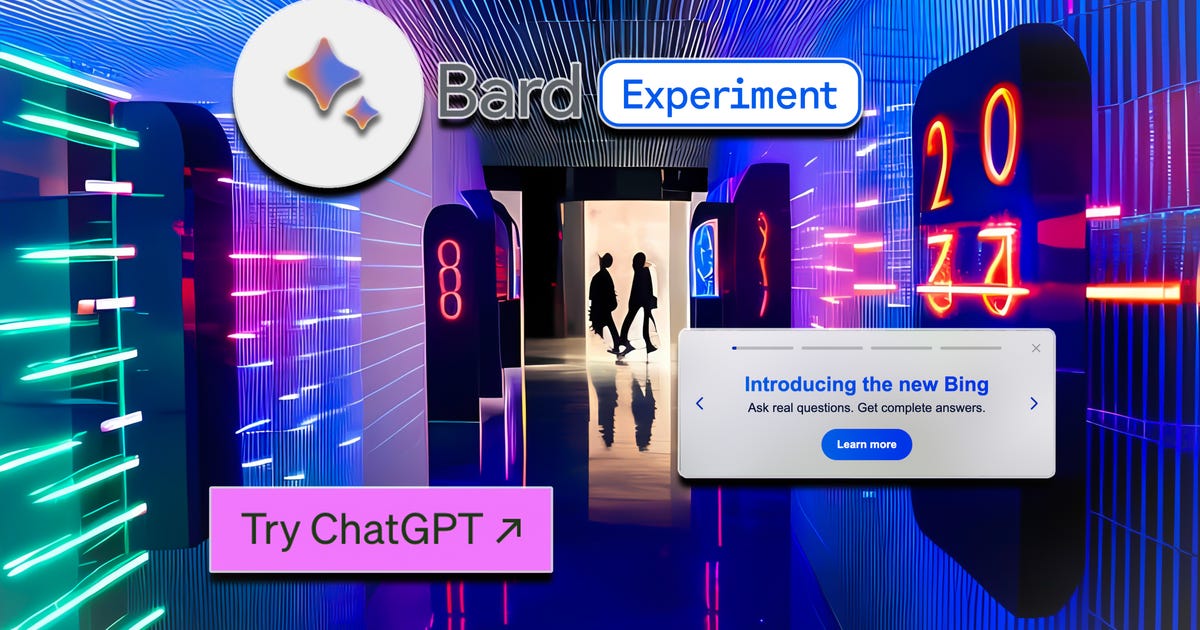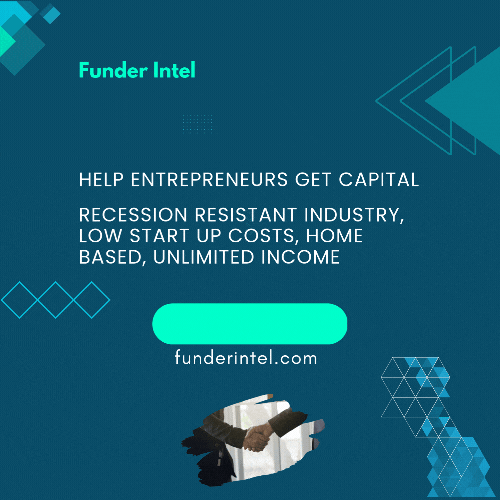ChatGPT is seeing competition from Microsoft's Bing and Google's Bard. Here's a breakdown of how all three chatbots fare.
When ChatGPT launched late last year, it earned instant and widespread attention for bringing an AI engine to the masses, free of charge. Suddenly, anyone could type in queries and ChatGPT would give novel, humanlike answers in seconds. From writing an essay on the First Crusade to a short poem about Al Gore's love of Toyota Prii (plural of Prius), ChatGPT would spit out answers in a way Google or Bing never could.
Where traditional search engines populate a list of links to websites that most closely match a person's query, ChatGPT gives people the answer by looking through large sets of data and using a large language model (LLM) to produce sentences that mimic a human response. It's been described as autocorrect on steroids.
Given that by January ChatGPT had an estimated 100 million active users, making it the fastest-growing web platform ever, this pushed both Microsoft and Google into high gear. Microsoft's Bing, which previously had less than 3% of search market share, quickly embraced ChatGPT, integrating AI into search. Microsoft actually licenses GPT tech from OpenAI into Bing. It's seen a nearly 16% bump in traffic since.
Other products have also integrated various forms of generative AI, such as a "copilot" tool in Microsoft Word, Excel and PowerPoint, as well as AI features for Google's Workspace tools like Gmail and Docs. Snapchat, writing assistant Grammarly and WhatsApp have also embraced AI.
Still, not all AI chatbots are built the same. In the tests below, we compared responses from the paid version of ChatGPT, which uses GPT-4 (versus 3.5 for the free version), versus responses from both the version of ChatGPT built into the Bing search engine and Google's own Bard AI system. (GPT, by the way, stands for "generative pretrained transformer.") Bard is currently in an invite-only beta, and Bing is free but requires people to use Microsoft's Edge web browser.



If you need something easy to use, Bing has been my go-to for simple conversations.
My FAVORITE part about Bing is that it autosuggests three follow-up questions to dive deeper into the topic you prompted. Therefore, it's my favorite for research.
If you need something to be a powerhouse and possibly interact with other software, use ChatGPT-4.
The API feature of GPT has been incredibly powerful when used correctly.
I haven't used Bard much, but from what I'm seeing, I think each company will start to differentiate what they should be used for.
For example, I think Bard will attempt to overtake Bing on the research and auto-suggest feature, whereas ChatGPT will continue to provide useful APIs to plug into many things we already use, making it the "workhorse" that performs more high-level tasks and interacts with other things.
The race is definitely on!